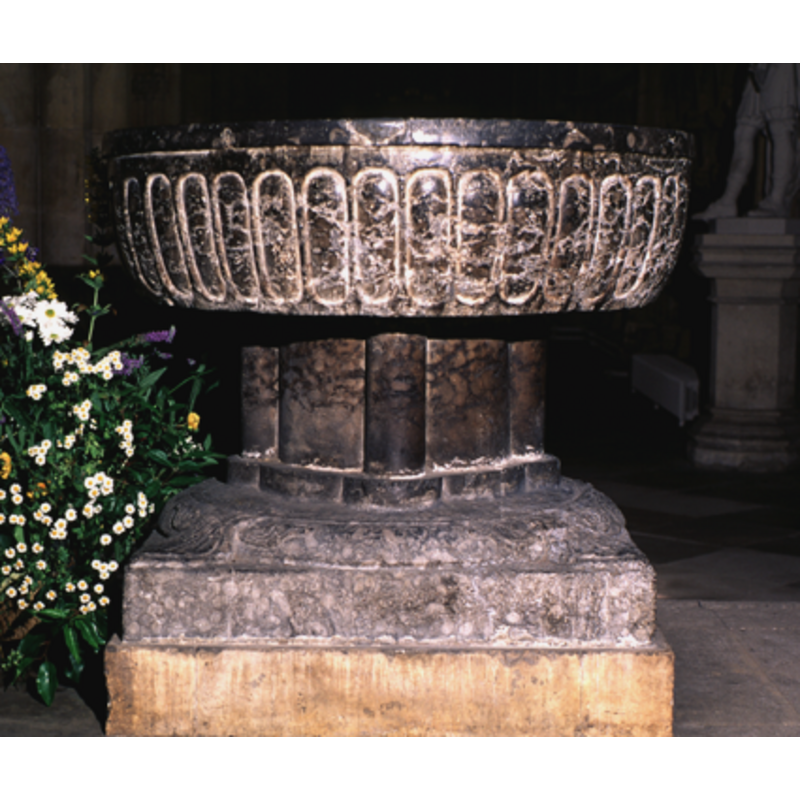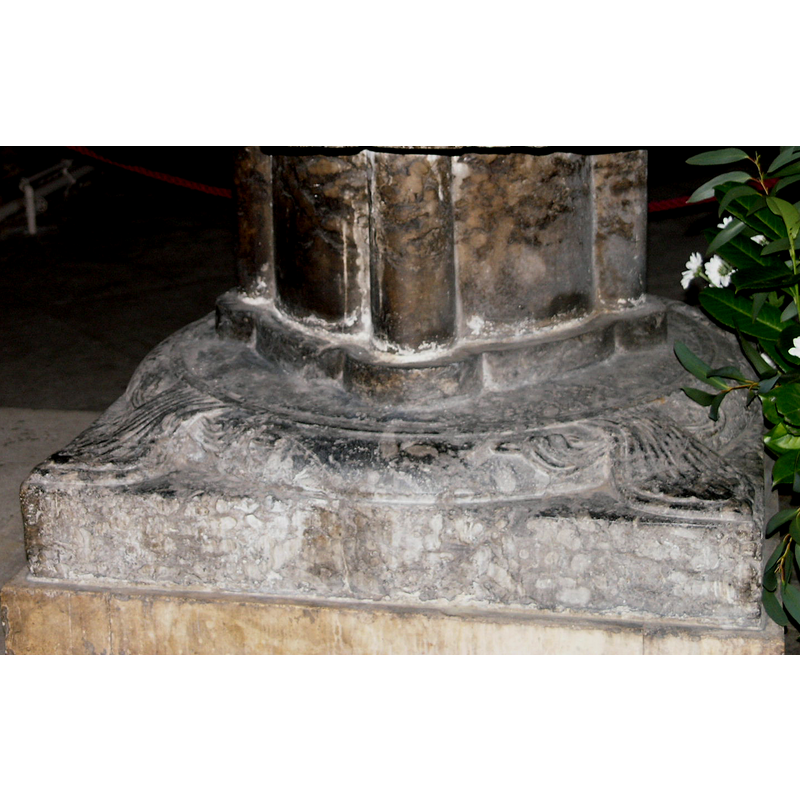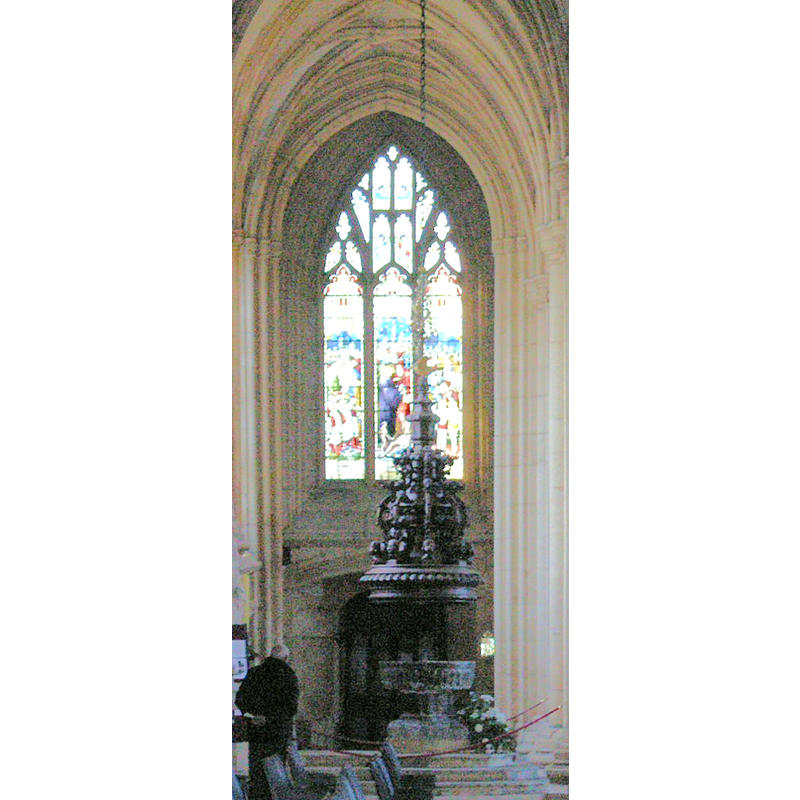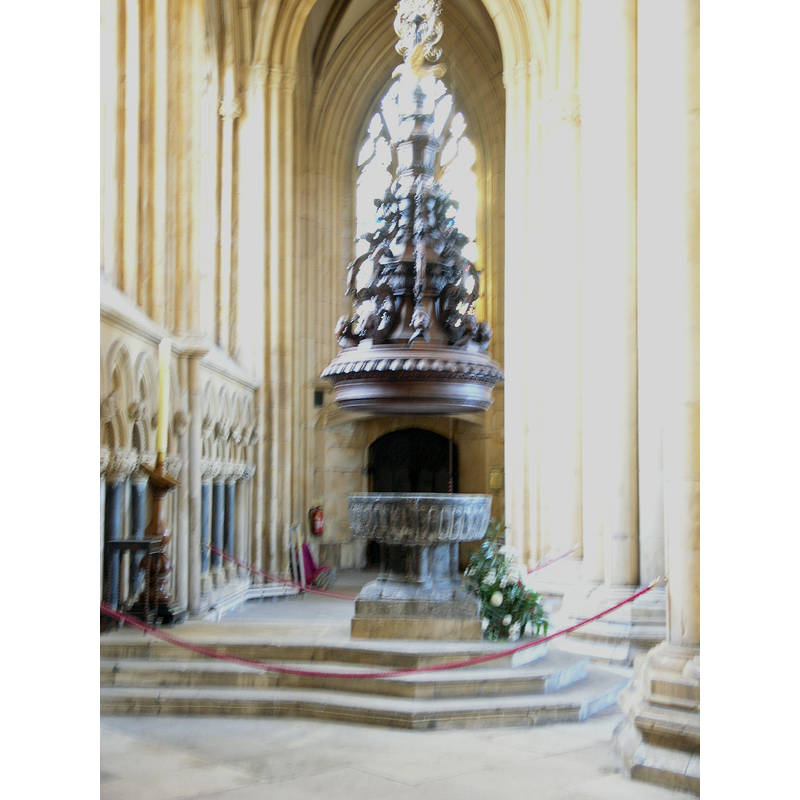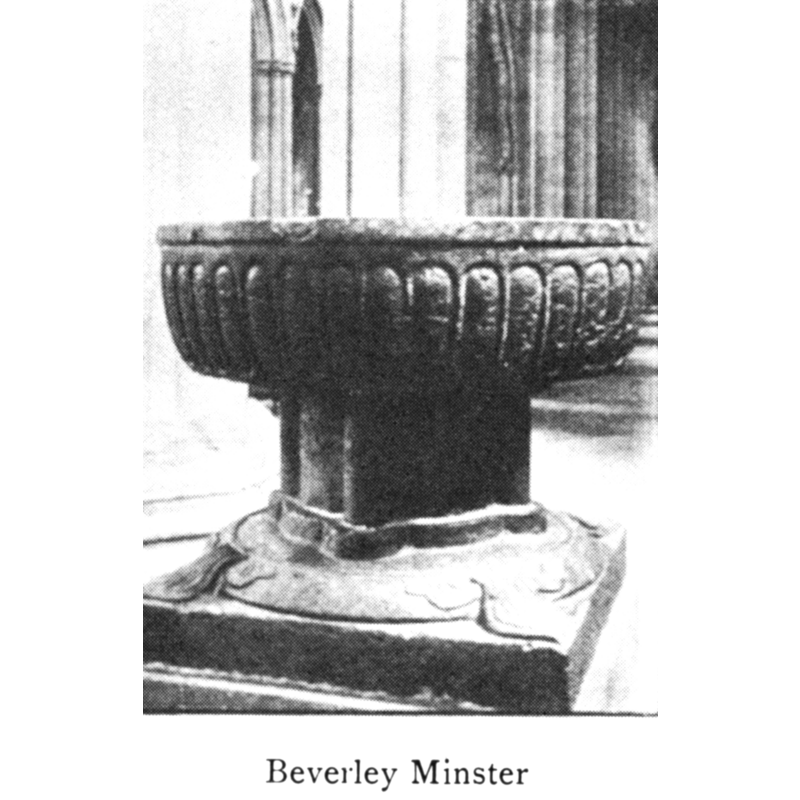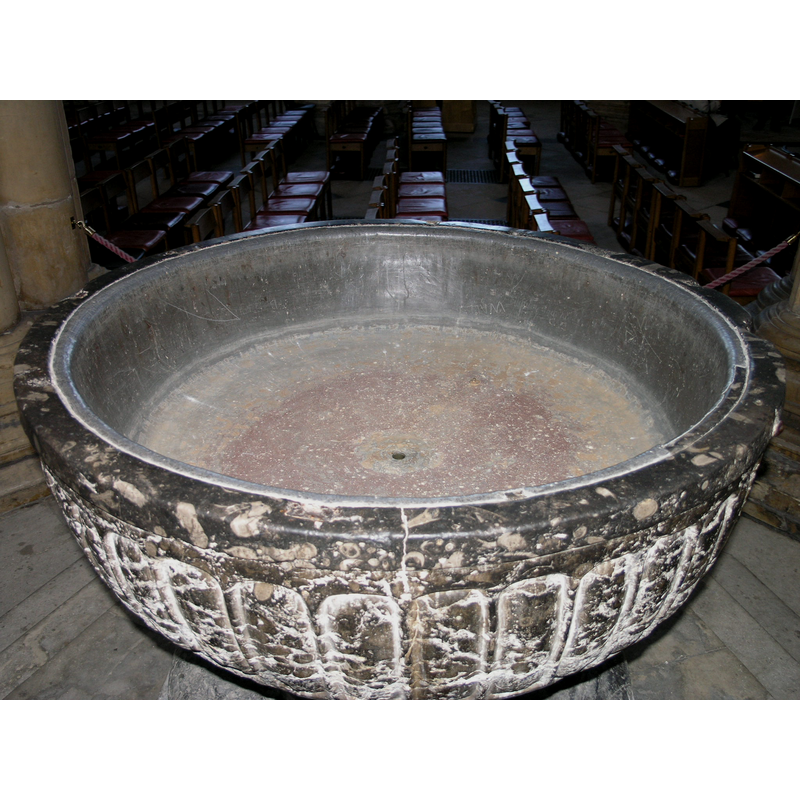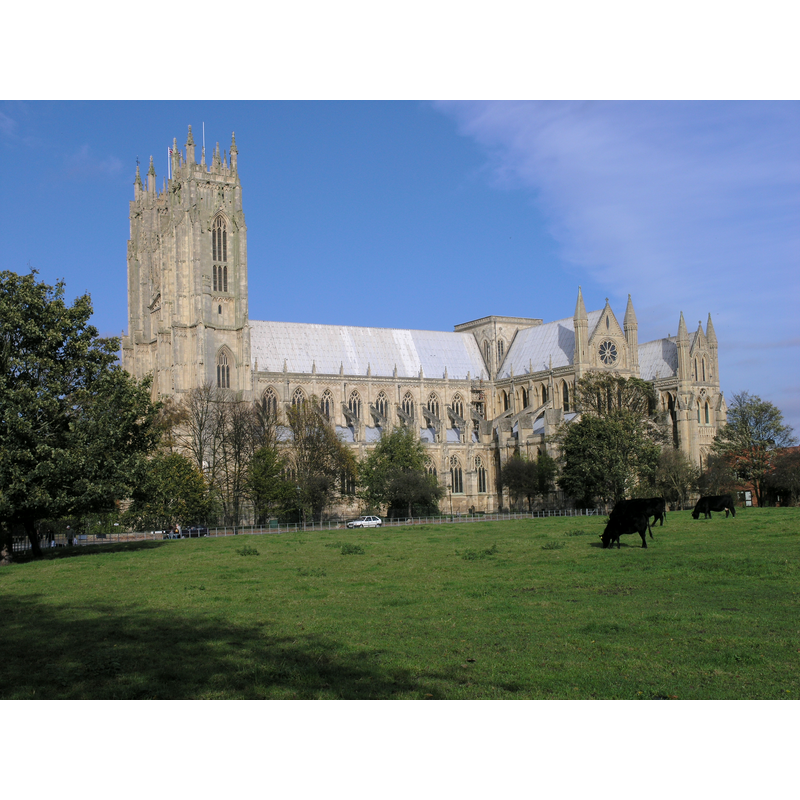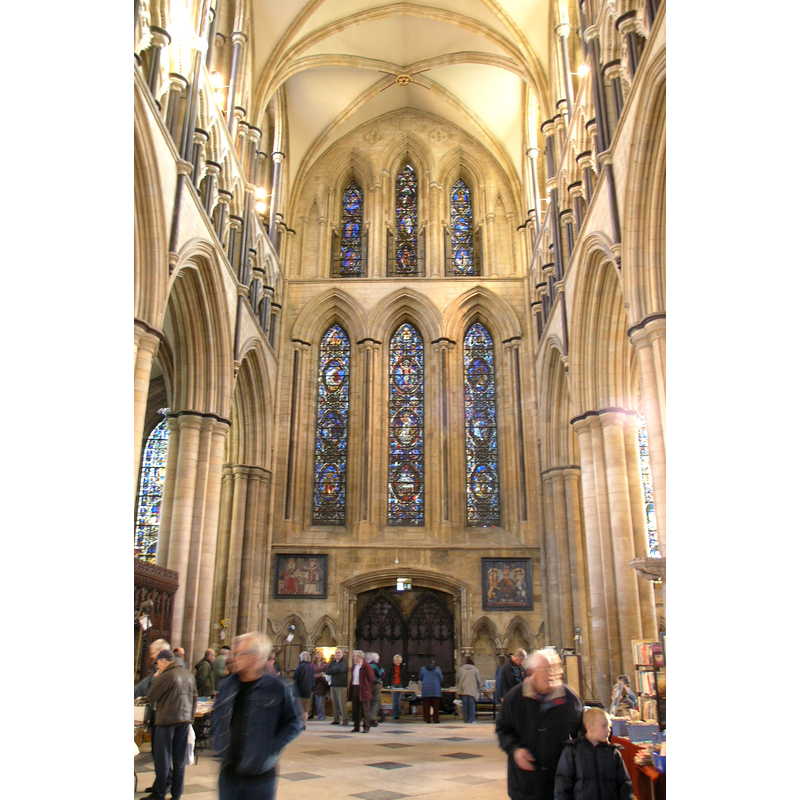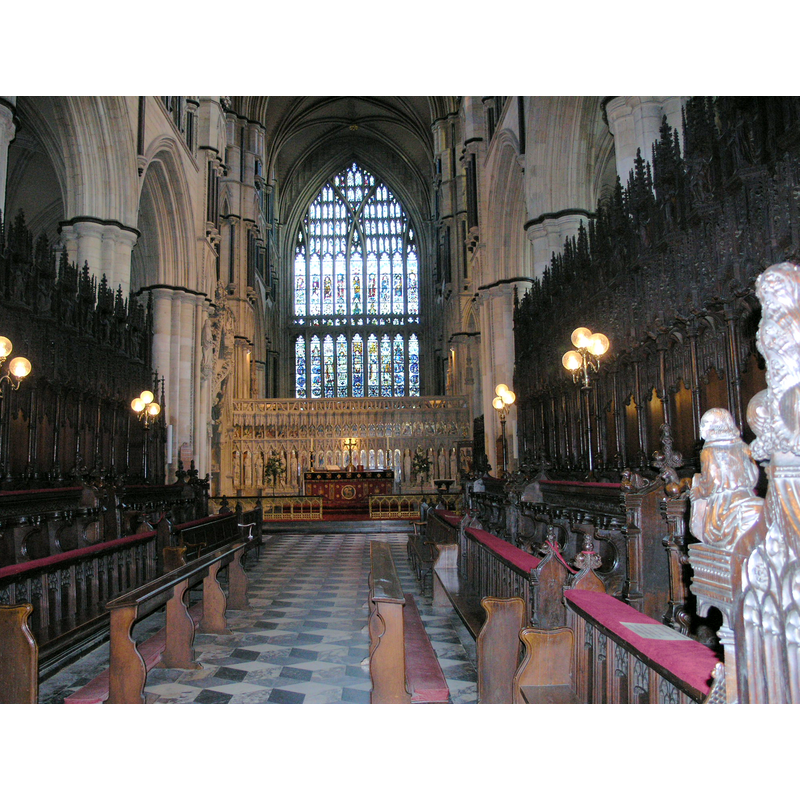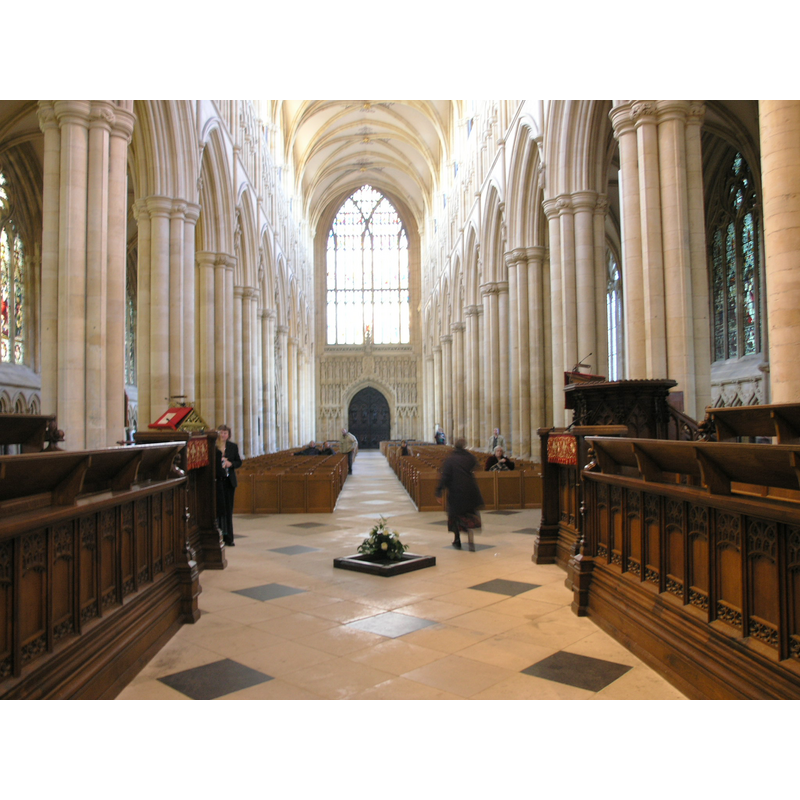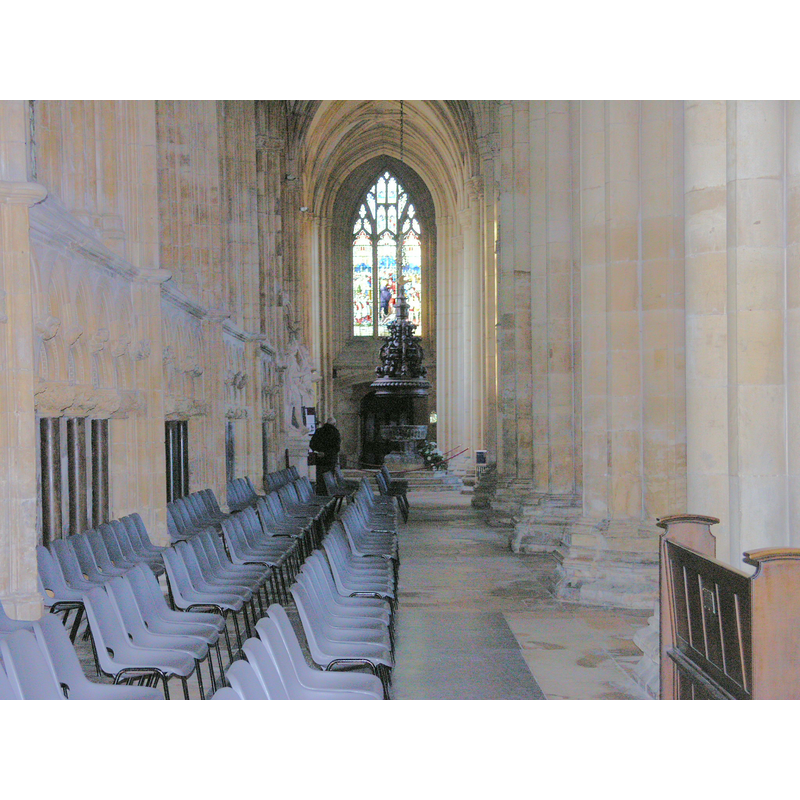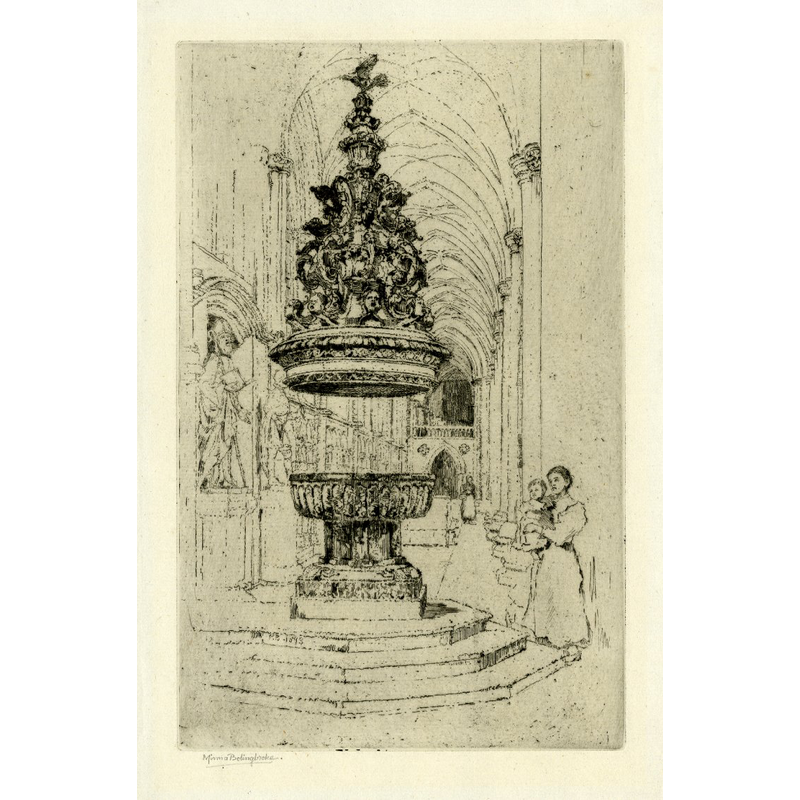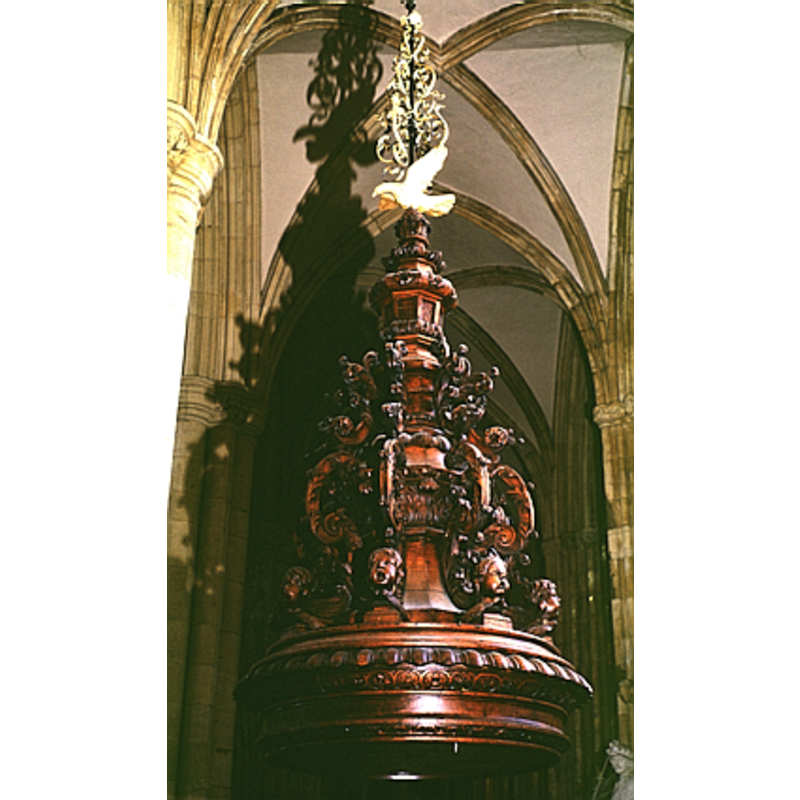Beverley No. 3 / Beureli / Bevreli
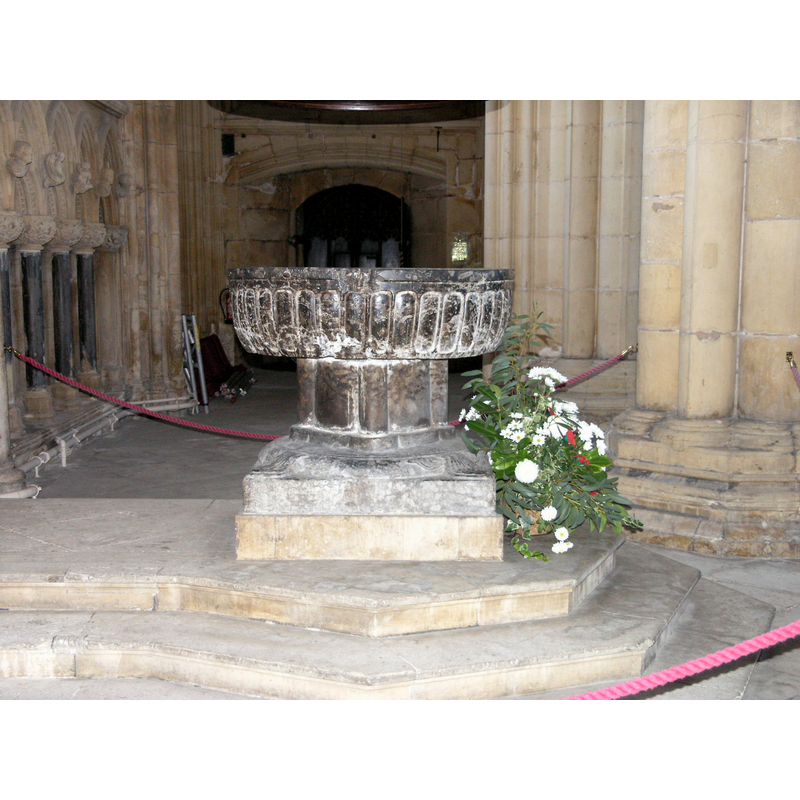
Image copyright © Colin Hinson, 2008
Image and permission received (e-mail of 22 Dec 2005)
Results: 16 records
B01: design element - patterns - ribbed
LB01: design element - motifs - moulding
LB02: design element - motifs - foliage
LB03: design element - motifs - leaf or spur - 4
view of font
view of font and cover
view of font and cover in context
view of font
view of basin - interior
Copyright Statement: Image copyright © Colin Hinson, 2008
Image Source: Image courtesy & copyright © Colin Hinson, 2005 [www.yorkshireCDbooks.com]
Copyright Instructions: Image and permission received (e-mail of 22 Dec 2005)
view of church exterior
Scene Description: church exterior
Copyright Statement: Image copyright © Colin Hinson, 2008
Image Source: Colin Hinson [www.yorkshireCDbooks.com]
Copyright Instructions: Image and permission received (e-mail of 23 Dec 2005)
view of church interior - entrance
Copyright Statement: Image copyright © Colin Hinson, 2008
Image Source: Colin Hinson [www.yorkshireCDbooks.com]
Copyright Instructions: Image and permission received (e-mail of 23 Dec 2005)
view of church interior - looking east - choir, chancel and east side
Copyright Statement: Image copyright © Colin Hinson, 2008
Image Source: Colin Hinson [www.yorkshireCDbooks.com]
Copyright Instructions: Image and permission received (e-mail of 23 Dec 2005)
view of church interior - nave - looking west
Scene Description: nave looking west
Copyright Statement: Image copyright © Colin Hinson, 2008
Image Source: Colin Hinson [www.yorkshireCDbooks.com]
Copyright Instructions: Image and permission received (e-mail of 23 Dec 2005)
view of church interior
view of font and cover in context
INFORMATION
Font ID: 01130BEV
Object Type: Baptismal Font1
Date Visited: 1998-07-15
Font Date: ca. 1170?
Font Century and Period/Style: 12th century (late?), Late Norman? / Early English?
Church / Chapel Name: Beverley Minster [former Collegiate Church of St. John the Evangelist]
Font Location in Church: Inside the church, near the W entrance, by the W wall, between the 3rd and 4th columns
Church Patron Saint(s): St. John the Evangelist & St. Martin
Church Notes: collegiate church became parochial at the Dissolution [cf. FontNotes]
Church Address: Minster Yard North, Beverley, East Riding of Yorkshire HU17 0DP, United Kingdom
Site Location: East Riding of Yorkshire, Yorkshire and the Humber, England, United Kingdom
Directions to Site: Located off the A164-A1174 crossroads, in Beverly town centre, 15 km N of Hull, 45 km E of York
Ecclesiastic Region: Diocese of York
Historical Region: Hundred of Sneculfcross
Font Notes:
Click to view
There is a multiple-place entry that includes Beverley [variant spelling] in the Domesday survey [https://opendomesday.org/place/TA0339/beverley/] [accessed 11 October 2019] but it mentiones neither cleric nor church in it. Noted in Gough (1792): "a large basin of agate stone [...] on pillasters". Poulsen (1829), who quotes Gough, adds: "perhaps one [font] of the earliest antiquity [...] Its shape is the frustum, scooped out of an agate stone of dark colour, profusely loaded with a complicated mass of shells and petrified substances. The inside is defended with a covering of lead; diameter 44 inches, basin 13 inches deep [i.e., height of the bowl], height of pedestal 13 inches, base 13 inches: it is placed in the south aisle of the nave. The cover suspended over it is a remaining specimen of the absurd taste which characterized the period when it was placed there." Poulsen (ibid.) adds in a footnote: "It is to be hoped, that this piece of carved work, so ill according with the surrounding objects, will be removed. "Font and cover are illustrated in a 1898 print by Minna Bolingbroke now at the British Museum [ref.: 1939,0620.202 -- PPA293783]. Listed in Cox & Harvey (1907) as a baptismal font of the Early English period. The entry for the collegiate church here in the Victoria County History (York, vol. 3, 1974) notes: "In the preface to the Provost's Book, written about 1417, the earliest foundation of the church is said to have been in the time of King Lucius, towards the middle of the 2nd century. The writer goes on to say that it was destroyed by Horsa and Hengist, refounded as a monastery of black monks and nuns arid seven secular priests by St. John of Beverley, destroyed by the Danes under Hubba and Hingwar, and reconstituted and augmented as a college of seven canons regular by King Athelstan. [...] Nothing is known of the constitution of the monastery founded by St. John of Beverley in the later part of the 7th century. Nor can it be actually proved that St. John's Monastery, which Bede, his contemporary, calls Inderawuda (in silva Deirorum), where he was buried in 721, was at Beverley. [...] The destruction of -St. John's foundation by the Danes is vouched for by history as little as the destruction of the mythical Romano-British church by the Saxons. [...] Athelstan was regarded throughout the Middle Ages as the real founder of the college, who, by the charter whose grants are summed up in the phrase 'Swa mikel fredom giue I the, Swo hert may think or eghe see,' conferred on the church its privilege of sanctuary, its due of four thraves from each plough in the East Riding, and other wellknown features of its franchise. [...] The story of Athelstan's visit rests, however, on no contemporary record; [...] while his charter is found in no form earlier than the 13th century, and summarizes privileges which were granted by later sovereigns. [...] After the suppression of the college one of the vicars choral was appointed vicar of the parish, with three assistant curates chosen from among the inferior clergy of the church." A small body of secular clergy may have been gathered together, many years before the Norman Conquest, in the church of St. John the Evangelist, which contained the tomb of St. John of Beverley
Described and illustrated in Beverley Minster (1990): "Fine example of late Norman carving […] the ponderous mass of Frosterley marble is relieved by an elegant arcading motif inscribed round the bowl, a stem of clustered shafts and clawed feet, the whole being suitably raised on a stepped podium […] a legacy of the original Norman church which in turn succeeded the Saxon one." On-site notes: The bowl is lined with lead; the stone is very porous with many fossils in it; beautiful wooden lid with cherubs faces around it and a golden dove at the very top, described in Beverley Minster (ibid.): "The Norman font c. 1170, has an elaborately carved 18th-century cover". Jenkins (1999) describes it as "a later cover of scrolls, carved in 1726 by the Thornton family of York [...] probably to designs by Hawksmoor." [We are grateful to Colin Hinson, of the GENUKI site, for the additional photographs of this font]
Described and illustrated in Beverley Minster (1990): "Fine example of late Norman carving […] the ponderous mass of Frosterley marble is relieved by an elegant arcading motif inscribed round the bowl, a stem of clustered shafts and clawed feet, the whole being suitably raised on a stepped podium […] a legacy of the original Norman church which in turn succeeded the Saxon one." On-site notes: The bowl is lined with lead; the stone is very porous with many fossils in it; beautiful wooden lid with cherubs faces around it and a golden dove at the very top, described in Beverley Minster (ibid.): "The Norman font c. 1170, has an elaborately carved 18th-century cover". Jenkins (1999) describes it as "a later cover of scrolls, carved in 1726 by the Thornton family of York [...] probably to designs by Hawksmoor." [We are grateful to Colin Hinson, of the GENUKI site, for the additional photographs of this font]
Credit and Acknowledgements: We are grateful to Colin Hinson, of the GENUKI site, for the additional photographs of this font.
COORDINATES
UTM: 30U 669441 5968703
Latitude & Longitude (Decimal): 53.839167, -0.424722
Latitude & Longitude (DMS): 53° 50′ 21″ N, 0° 25′ 29″ W
MEDIUM AND MEASUREMENTS
Material: stone, marble (encrinital marble from Frosterley) / agate (in Poulsen)
Font Shape: round, mounted -- chalice-shaped
Basin Interior Shape: round
Basin Exterior Shape: round
Drainage System: centre hole in basin & base
Drainage Notes: lead lining
Rim Thickness: 7 cm
Diameter (inside rim): 100 cm
Diameter (includes rim): 114 cm *[110 cm]
Basin Depth: 25 cm
Height of Basin Side: 32 cm
Basin Total Height: 32 cm
Height of Base: 57 cm
Font Height (less Plinth): 90 cm
Font Height (with Plinth): 107 cm
Square Base Dimensions: 93 x 94 cm
Notes on Measurements: BSI *[Poulsen 44 inches]
LID INFORMATION
Date: 1721? / 1726?
Material: wood (topped by a gilded dove and brass (?) ornament
Apparatus: Yes (counterweight?}
Notes: The tall and late wooden font cover (1721?/1726?) over the Norman font has exuberant ornament of carved ribs, vegetable motifs, angels heads and ends up in a golden dove with open wings (Holy Ghost?) and a brass filigree ornament (illustration in Cox (1907, p. 19)
REFERENCES
- Beverley Minster (a Pitkin guide), Andover, Hants.: Pitkin Pictorials, 1990, p. 19
- Betjeman, John, An American's Guide to English Parish Churches (including the Isle of Man), New York: McDowell, Obolensky, 1958, p. 403
- Bond, Francis, Fonts and Font Covers, London: Waterstone, 1985 c1908, p. 46, 94, 144, 153, 291, 307, ill. on p. 147 & 308
- Cox, John Charles, English Church Furniture, New York: E.P. Dutton & Co., 1907, p. 229
- Davies, J.G., The Architectural Setting of Baptism, London: Barrie and Rockliff, 1962, p. 65
- Gough, Richard, "Description of the old font in the Church of East Meon, Hampshire, 1789: with some observations on fonts", X, Archaeologia, 1792, pp. 183-209; p. 186
- Jenkins, Simon, England's Thousand Best Churches, London and New York: Allen Lane, the Penguin Press, 1999 [2000 rev. printing], p. 757
- Pike, Joan H.K., "Medieval Fonts of Ireland", [Supplied courtesy of The Dept. of the History of Art, Trinity College, Dublin], [Ireland]: [Privately printed], 1989, p. 18
- Poulson, George, Beverlac; or, The antiquities and history of the town of Beverley, in the County of York [...], London: G. Scaum, sold by Longman, Rees, Orme, Brown, and Green[...], 1829, p. 685-686, 685 fn3, 686 fn1
